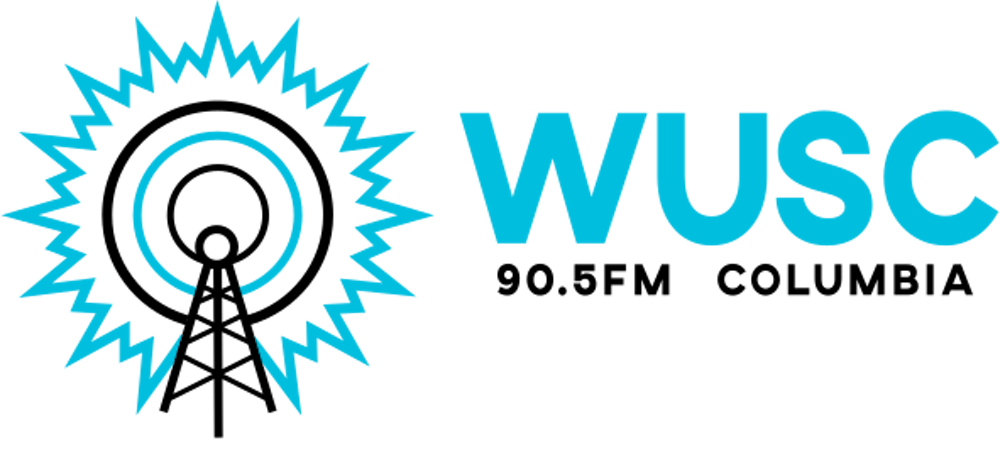By Sebastian Lee // Sebass
Seven years after the disappointing release of their last full-length album, Comedown Machine, the Strokes have released a new album, The New Abnormal, which is an incredibly different and interesting release for the band.
Before the release of this album, I was personally hoping for a somewhat return to form for the Strokes, with the sound I fell in love with on Is This it and Room on Fire. Instead, The New Abnormal is a hodge podge of different influences including 80s synth, Pink Floyd and Billy Idol. (The latter being more imitation than influence, but more on that later.) At times the songs are very meta, referencing things like bridges, choruses and chords in the songs. The album goes places the Strokes have never been before, creating a totally different sound. But I can’t say I’m disappointed. The New Abnormal is an incredibly unique addition to the Strokes discography.

The album begins with the song “The Adults are Talking,” which is the closest to the early era Strokes the albums gets, thanks to the instrumentation of the guitar riff and bass line. The track has a wonderful build to the chorus, which is incredibly catchy. However, the song throws a curveball at the end with Julian jumping to falsetto, something he does often on this album. This is one of my favorite tracks on the album because of how well it would fit in with previous Strokes albums.
The song “Selfless” is actually teased at the end of the previous song where you can hear the band talking and playing a bit of the song assumedly before recording. This song somewhat keeps the same feel of the last track but is much dreamier. Dreamier to the point where it could almost fit in within Cage the Elephant’s Melophobia. Julian continues to jump into falsetto for parts of the song and, just like in the previous song, is surprisingly enjoyable.
The third song on the album is also the third song released as a single before The New Abnormal's release. “Brooklyn Bridge to Chorus” goes all in on 80s synth from the beginning. It isn’t anything exceptional for synth, but it sets the tone for a really upbeat song. The 80s band influence here is palpable with even the lyrics mentioning 80s songs and bands. That’s not the only part of the song that’s incredibly meta, with the bridge to the chorus literally saying, “can we switch into the chorus now?” Speaking of the lyrics, they’re incredibly depressing for such an upbeat song with the hook saying, “I want new friends, but they don’t want me.” And ever since hearing this track, I haven’t been able to get the chorus out of my head. So, it’s safe to say “Brooklyn Bridge to Chorus” has cemented itself as my favorite track on the album.

“Bad Decisions” was the second track released as a single. This song is really interesting because it has a lot going on. The song seems to be about “Strokes-mania” where so many bands were inspired by the Strokes or even wanted to be the Strokes. The lyrics don’t really make this meaning obvious, but the music video features a commercial stating “get your clone of the Strokes today.” Besides that, the song has near the same melody of Billy Idol’s “Dancing with Myself,” which becomes more obvious during the chorus. This is clearly intentional as Idol has a writing credit on the song. Besides the deeper meaning of the song, it’s fun and catchy. It’s nothing incredible, but far from bad. However, the riff following the chorus is a classic Strokes riff any fan will love.
The definite low point on the album is “Eternal Summer.” There are many problems with the song, but most importantly it sounds nothing like a Strokes song. The song goes back and forth from sounding like a generic indie band, where the falsetto has overstayed its welcome, to sounding exactly like Pink Floyd on The Wall. Not only does Julian’s singing sound like David Gilmour, but the music in those sections sound like it’s one or two notes off from being “Another Brick in the Wall, Pt. 2”. Given the album’s frequent use of outside influences, I find it hard to believe this isn’t intentional. Overall, there’s just too much going on for far too long. The song, as it is over six minutes long, does feel like an eternity. Even worse, at the five-and-a-half-minute mark when you think the song is over, it starts up a new completely unnecessary addition.
“At the Door” was the album’s first single and at first, I’ll admit, I didn’t care for it. It’s very different from the Strokes’ sound considering its heavy use of synth and less guitar. It does have guitar but not until later in the song. However, the song has grown on me a lot and I can really appreciate it now. Being one of the slower songs on the album, it feels very melancholy and reflective. The lyrics are really strong here and really paint a picture of someone being used. The song is very clever too. The aforementioned late guitars come into the song as Julian sings the word “chord” which I didn’t notice at first but once I did, it made me appreciate their tardiness. This depressing and dreadful song is amazing and much better than I originally thought.
“Why Are Sundays So Depressing” starts like a few of the earlier tracks sounding like classic Strokes, but then transforms into a heavily synthesized with some electronically modified vocals. At times the synths get very squeaky which is a fun effect. The song, like many others, is complimented by the standard Strokes guitar riffs in the background. Though it should be noted, that standard Strokes guitar is well above the normal standard for guitar. The falsetto returns but it’s used sparingly which is much more welcomed than on “Eternal Summer.”

There are no synth present on the next track. Instead, “Not The Same Anymore” is a song filled with moody swagger. The chorus is very similar to classic Strokes, but with a slower tempo. The guitars are to thank for the atmosphere the song provides thanks to how expressive they are. I wish I had more to say about the song, but there isn’t much to say. It’s a simple song, but I really like.
Yet, another slow one, “Ode To The Mets” is a really great song to end the album on. It begins by sounding almost like chiptune from old-school arcade games before the rest of the song fades in. From the beginning, you can tell the song is leading you somewhere and building to something. At certain points it seems to be picking up only to fall back. That is, until you reach the last part, which brings the song to a very satisfying end.
I had very low expectations going into this album, but The New Abnormal not only met them, but exceeded them greatly. With inspirations coming from all over the place, I don’t think just any band could pull of an album like this. But, with the Strokes’ sound as a backbone, all these inspirations come together in a really surprisingly satisfying way. Especially considering that only one song feels like a misstep.
Where the previous album was the Comedown Machine, The New Abnormal is the Strokes' comeback machine.

